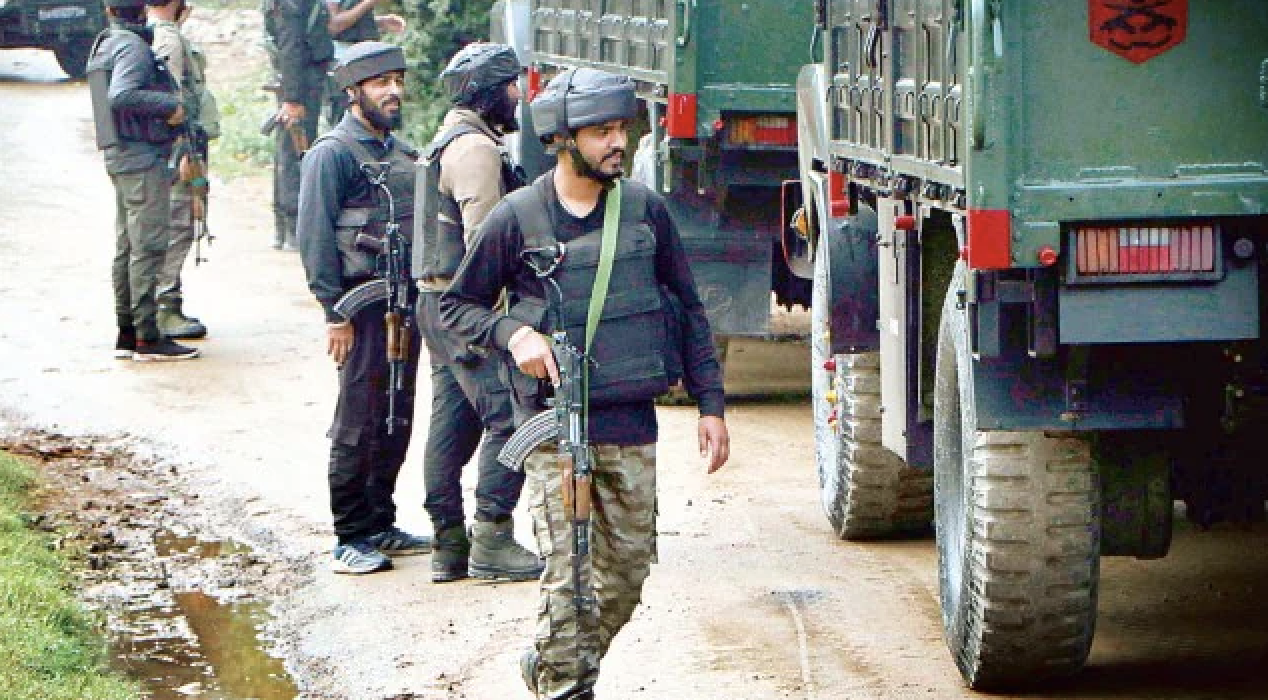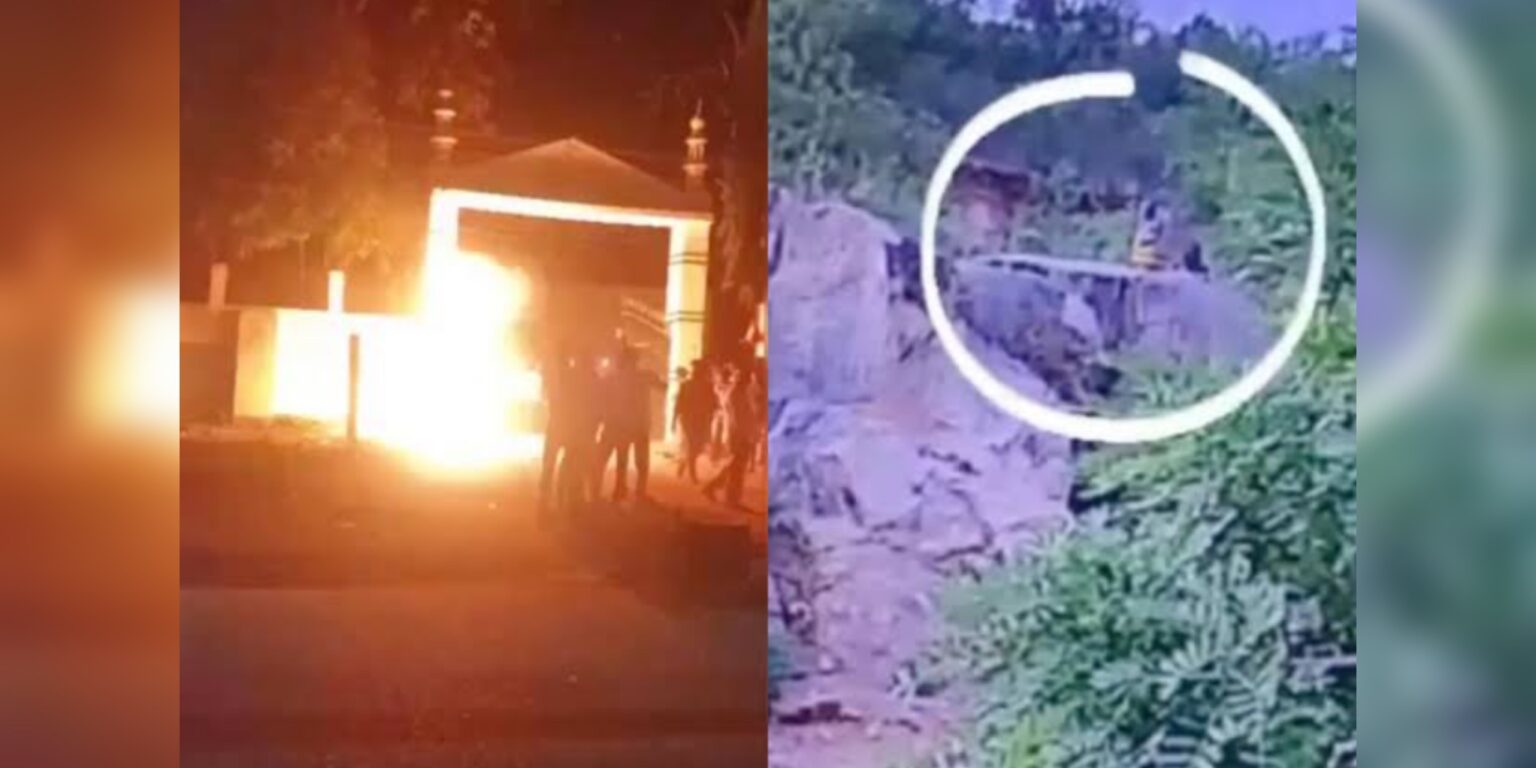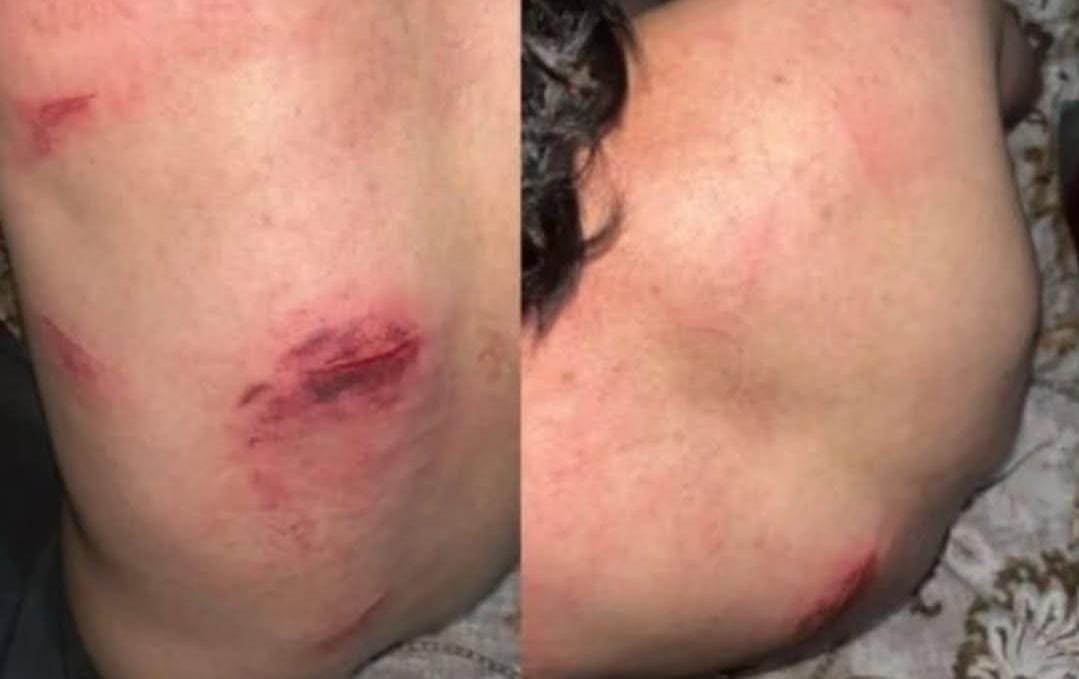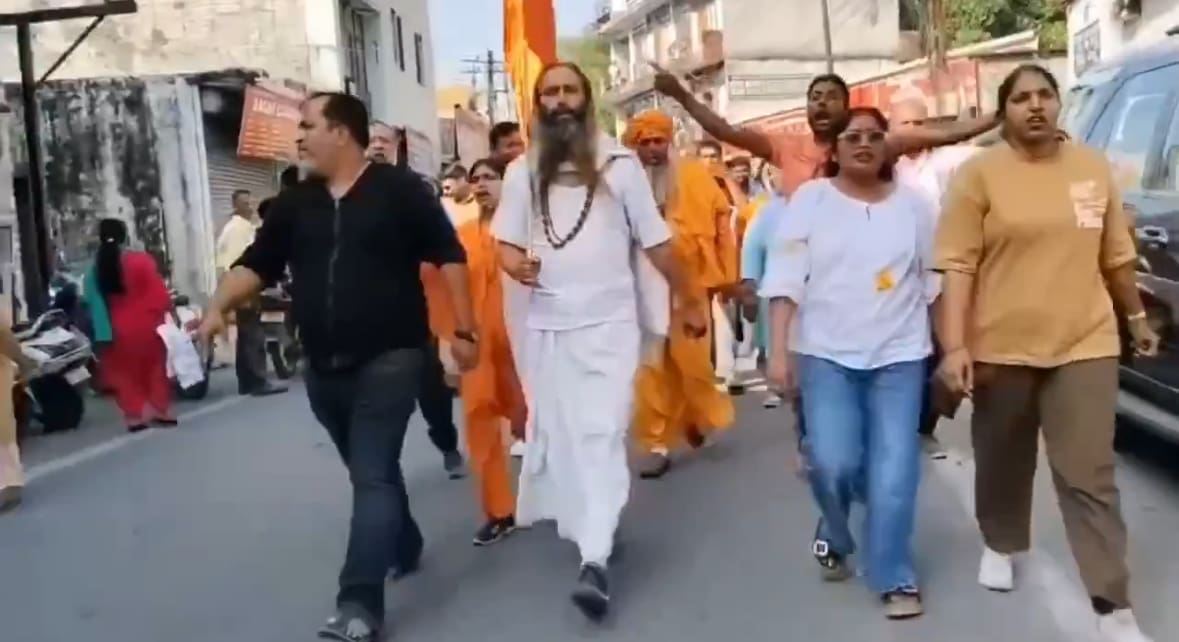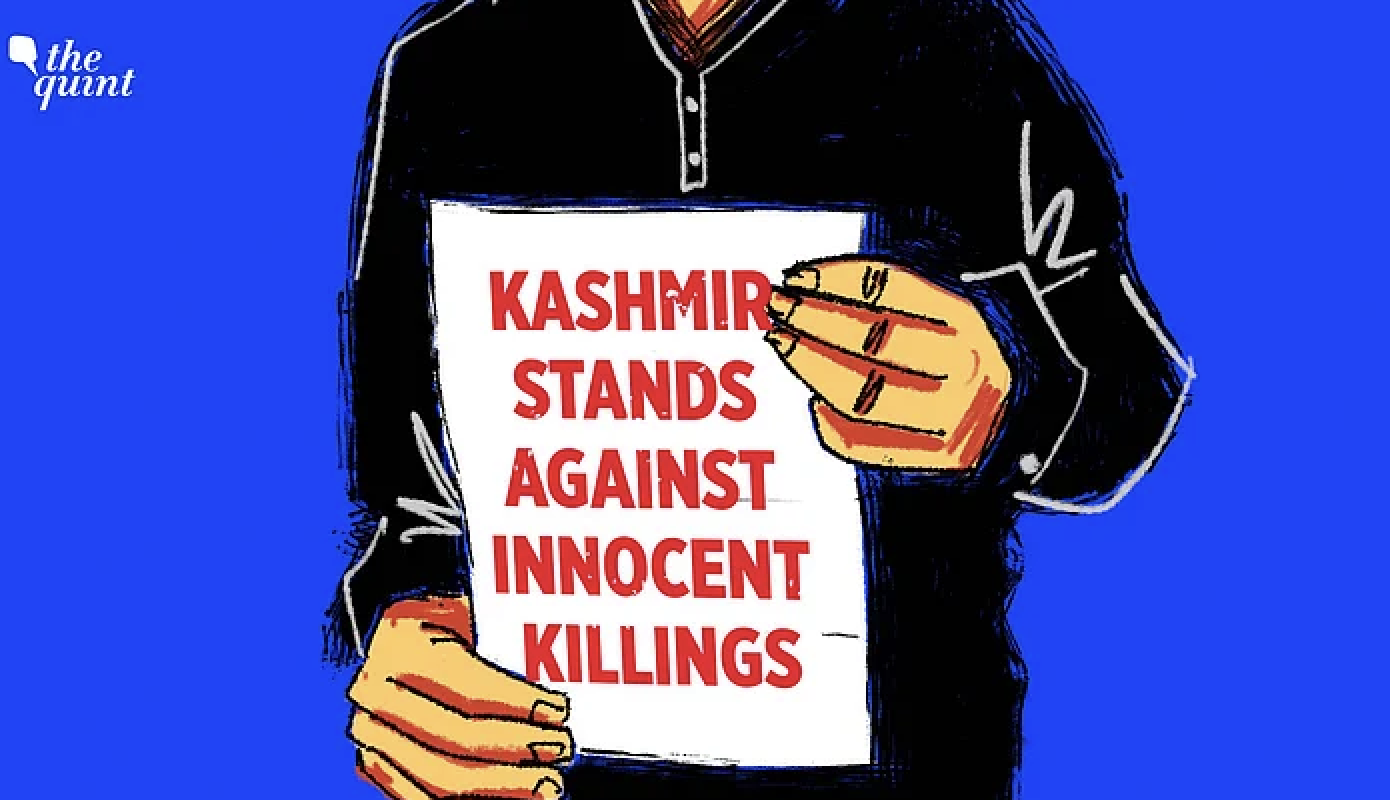
By Shahnawaz Akhtar / Boom Live
Ranchi, Jharkhand: Uttam Verma lost his brothers after a fake WhatsApp message led a mob to lynch them in 2017. Mariam Khatoon lost her husband Alimuddin Ansari the same year as a group of ‘gau rakshaks’ killed him for allegedly carrying beef. Shaista Parveen had been married with Tabrez Ansari for two months when he was tied to a pole, made to chant ‘Jai Shri Ram’ and beaten to death.
They are all waiting for that elusive justice that every politician promised, but no one has offered.
Meanwhile, the alleged killers in each of these cases are out on bail.
On Wednesday, the Jharkhand high court allowed three of the eight men who were awarded life term by a Latehar court for killing two persons, including a minor, to walk out of jail as it suspended their sentence.
In March 2016, cattle traders Majlum Ansari, 32, and Imitiaz Khan, 12, were found to be hanging from a tree. The family of the victims had then pleaded to the state High Court to not grant bail to the killers as that would endanger their lives.
Incidentally, the court’s decision comes four months after the Jharkhand assembly introduced the anti-lynching bill.
For the first time, only last month did the Jharkhand government admit that 46 incidents of mob-lynching have taken place in the state in the last five years. While 9 mob-lynching incidents were reported in 2019, the number stood at 8 last year. Four incidents were witnessed in 2018 and 5 in 2020. The maximum number of such cases, 16, were reported in 2017. And yet, the anti-lynching bill that was passed by the assembly is yet to be implemented.
Conviction, in almost all the cases, is still awaited.
The Wait For Justice, For Years
The mob lynching incident that devastated Uttam is now almost half a decade old. “Over 30 people were accused of killing and all of them are out on bail,” said Uttam, adding that his family has been fighting for justice ‘tooth and nail’.
On May 18, 2017, two brothers from Jamshedpur, Gautam Verma (27) and Vikas Verma (25), and their friend Gangesh Gupta (26), were killed by a thousand-strong murderous mob in Jharkhand’s East Singbhum district. They had gone to a nearby village – Nagadih to check the hoardings they had put up to promote their new business of digging pits for toilets in rural areas. The mob suspected them of being child-lifters based on a viral fake message and lynched them to death.
“We lost three family members and a friend in one incident, which took place only one kilometre away from our house, said Uttam, who, too, was severely injured in the attack but survived.
“I am a witness to this horrific incident. I kept begging the killers to spare us, but they did not listen. When I think about it, I can’t sleep, and this happens quite often. Now, most of my time is spent in courts. But, I will not sit idle till they are punished,” Uttam told BOOM.
“I am hopeless. I do not know whether I will ever get justice for my husband’s killing,” said Shaishta Parveen.
Shaista’s husband Tabreez Ansari was lynched to death by a mob, leaving her widowed just two months after their wedding. It’s been three years since that day.
“I met Jharkhand’s chief minister Hemant Soren four times. I had also sat on hunger strike, but nothing has been done to help me or get justice. Neither have I got any compensation from the government, nor a job. The money I got from the public is being used to fight the court case,” Shaista told BOOM.
Thirteen people have been accused of killing Tabrez Ansari on June 18, 2019. Except for Pappu Mandal, all are out on bail.
Significantly, neither the case is being heard in a fast-track court, nor is the trial on a day-to-day basis. The case is under trial in the court of additional session judge, Saraikela-Kharsawan.
Altaf Hussain, the lawyer who represents Tabrez’s case, said that it will take at least another six months to conclude the hearing and pronounce the verdict.”The case is on evidence and now thirty more witnesses including government officials have to record their statements,” he said.
The Anti-Mob Lynching Law
The Anti-Lynching Bill that was passed by the Jharkhand Assembly in December defines lynching as “any act or series of acts of violence or death…whether spontaneous or planned, by a mob on the grounds of religion, race, caste, sex, place of birth, language, dietary practices, sexual orientation, political affiliation, ethnicity or any other ground”.
A person found involved in mob lynching may be punished with up to life imprisonment and may be fined between Rs 3 lakh and Rs 5 lakh depending on the severity of the crime. In case a person dies during the lynching, the perpetrators can be fined Rs 25 lakh.
However, last month, Governor Ramesh Bais sent back the bill to the state asking the government to reconsider the definition of a mob as it is “not in consonance with the well-defined legal lexicon or glossary”.
“We had demanded mob lynching law as well as a CBI probe into the lynching of my brothers. We wrote to several people including Prime Minister Narendra Modi, but no one listens to us,” Uttam said.
Jharkhand based lawyer and activist Shadab Ansari who has recently filed a writ petition in the Supreme Court to reject the bail of Alimuddin Ansari’s killers says he is hopeful of justice.
In the last few years, Ansari’s killing in Manua village, and that of many Muslims over the suspicion of smuggling beef had triggered the nation. A fast track court had found 11 persons guilty in the case, giving them life sentence in 2018. Eight of them got bail with a High Court order.
As soon as the accused were out, Union Minister Jayant Sinha garlanded and posed with them before taking them to his residence in Hazaribagh. A year after garlanding them, the minister said that the BJP had provided financial assistance to the accused.
“It is a fact that Jharkhand witnessed several mob lynching cases, but it is also true that in two cases, the accused were convicted. It did not happen anywhere in the country. And it happened when Raghubar Das led BJP government was in Jharkhand,” Shadab Ansari of the Human Rights Law Network said.
Vinod Singh, CPI-ML MLA who had raised the issue of mob lynching cases both inside and outside the Jharkhand assembly told BOOM that the one thing missing from the Jharkhand government is ‘willpower’.
“It is not just about the prevention of mob lynching bill, other bills have also been returned by the Governor. Whatever be the reason for the governor to not okay it, we are aware of the fact that due process is not getting followed. In this case, the bill was not sent to the Select Committee,” Singh said.
“What is stopping the government from compensating the victims’ families?” he asked, pointing out that a law is not needed to compensate or to have these cases be heard in fast track courts. “But it is not happening,” he added.
No Consequences For Lynching?
“The bill is the need of the hour,” says social activist Afzal Anis, whose NGO is associated with Jharkhand Janadhikar Mahasabha, an umbrella body of civil society in the state.
Anis’ NGO and JJM had raised the demand for the anti-mob lynching bill, through a campaign to press the Jharkhand government.
“There are fewer instances of mob violence now. But the state needs the bill as specific law creates a sense of fear among the perpetrator,” he pointed out.
Anis believes that it is because of the pressure of civil society, not the government, that the killers were punished in two cases of mob violence in Jharkhand.
“If anti-mob lynching bill gets implemented, it will put lynching cases into heinous category, which will push the trial in fast track court and sentences may be pronounced within 6 months, as it happens in POCSO cases,” said Abdus Salaam, who was a counsel in Latehar lynching case.
In Latehar, a 12-year-old boy was beaten and hanged to death along with a 35-year-old man. It was the only case in Jharkhand in which all eight accused were convicted and were serving life terms. However, the High Court order has now allowed three of them to walk out of jail, without facing any consequences.
JMM MLA Sudivya Sonu said, “It is not a hidden fact that BJP opposes anti-mob lynching bill inside the assembly, while the governors appointed by the central government return it. This has happened in other states too. Recently, in a murder case in Hazaribagh, BJP leaders had wanted to register it as a mob lynching case, but they never appealed to the governor to okay the bill.”
However, most of the police officers in Jharkhand refused to comment citing that cases are old and sub-judice. However, on condition of anonymity, one of them said that if mob lynching bills get implemented, they will be bound to apply them.
At a time when India is witnessing a spurt of hate crimes once again, Jharkhand – which has seen several such incidents could have set an example by punishing those involved in hate crimes or to be precise – mob lynching.
The hope for the victims’ families is flickering.
Mariam Khatoon, Alimuddin Ansari’s widow, lost her 22-year-old son Shahzad Ansari a few months after her husband was lynched to death. He died of an undiagnosed illness, Mariam didn’t have the means to pay for his treatment. “None of the politicians who had promised to help do anything for me,” she said.
“When Jayant Sinha had supported my husband’s killers, we had lost hope, but I got support from people. I believe that the court will ultimately give us justice,” she told BOOM.
This article first appeared on boomlive.in


